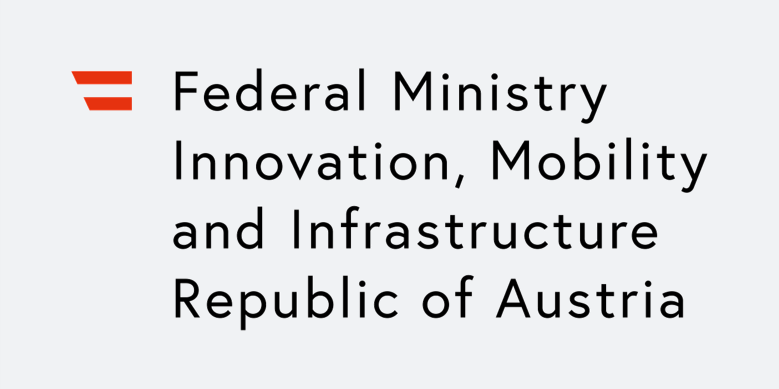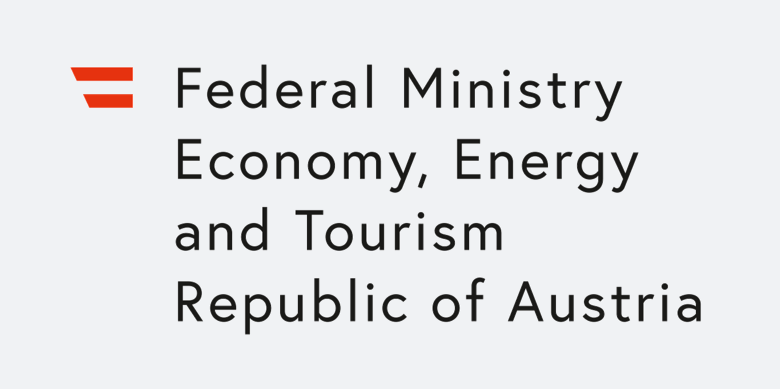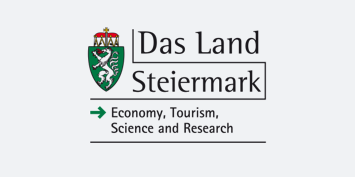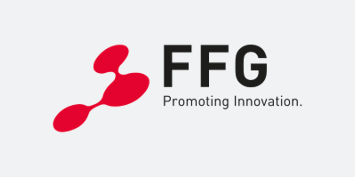About
ECHODA (Energy Efficient Cooling and Heating of Domestic Appliances) aims at developing innovative concepts for household appliances, for both those with cooling as well as heating demand, pushing energy efficiency and sustainability to a new level.
| Short facts: | 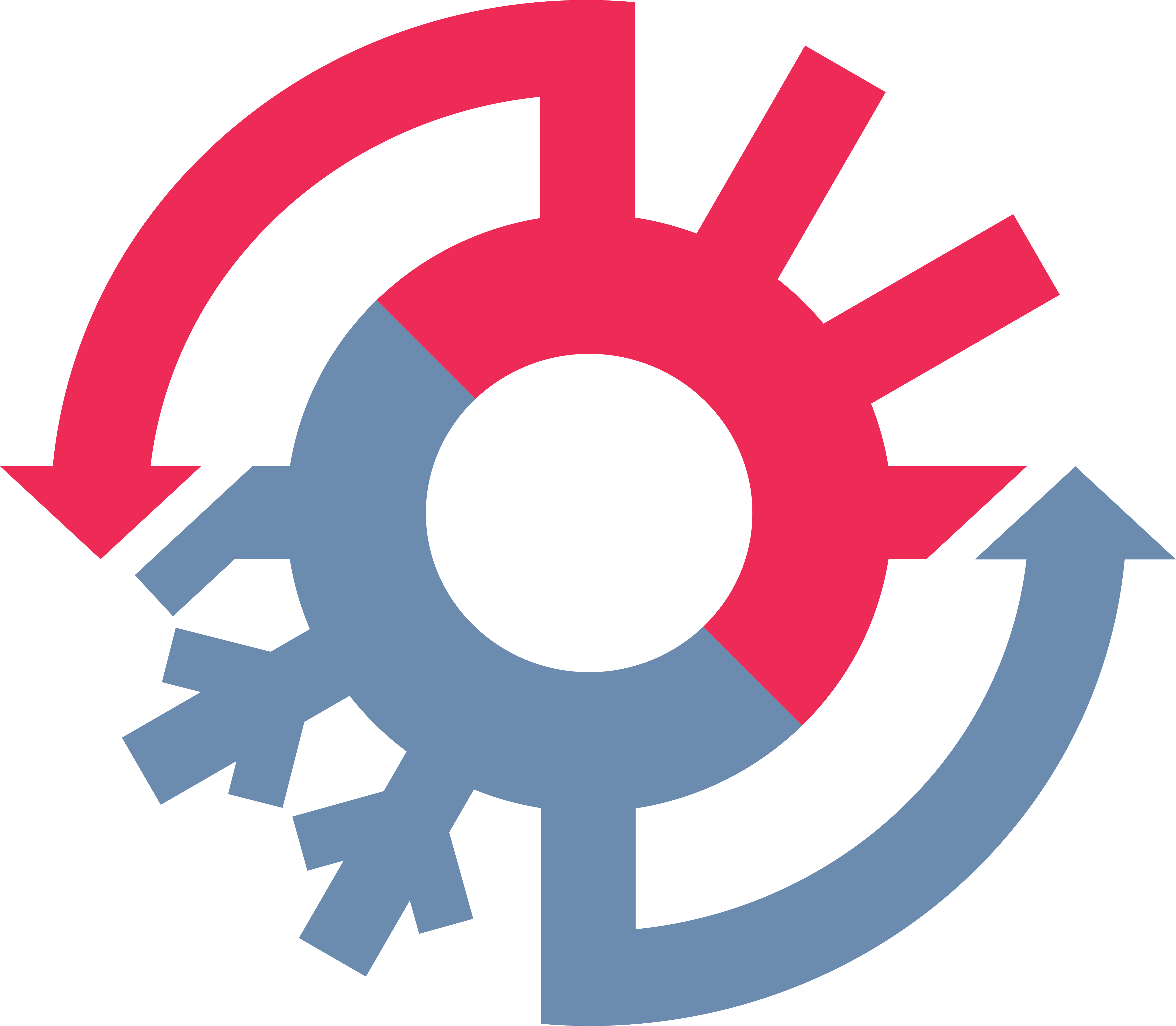 |
|
| Type | Funded program FFG COMET-Projects 2022 |
|
| Title | ECHODA Energy Efficient Cooling and Heating of Domestic Appliances |
|
| Duration | 4 years 01.01.2024 to 31.12.2027 |
|
| Consortium | 6 research-partners 7 industry-partners |
|
| Lead | TU-Graz, ITnA |
|
| Costs | 4.100.000,00€ | |
The key system that has been identified to have the most potential therein is the refrigeration/heat pump cycle. Starting from the already very mature development status of today’s systems, top-notch research is required to reveal hidden potentials and, thus, enable significant reduction of CO2 emissions and the ecological footprint for these billionfold used products, while staying economically feasible.
Area-A: Components
The research scope starts at component level, where the refrigerant compressor still offers potential regarding both energy efficiency as well as acoustic behaviour. Therefore, the compressor’s thermodynamics is tackled, as well as its motor and inverter system. The heat exchangers are subjects of investigation as well, as they should be used in the best possible way in the system. Here, an objective assessment method shall be developed. Finally, the optimal operation of the refrigeration/heat pump cycle is to be achieved. To this end, a novel self adjusting expansion valve will be investigated and improved, and adjustable expansion valve control concepts are conceived. All these activities are conducted via top-end simulation tools that are to be made up and/or optimised in the course of the project, and high-class measurement methods that will be applied and further developed.
Area-B: System
The findings of the component level research will culminate in the system assessment development for refrigerators/freezers as well as heat-demanding household appliances such as dishwashers, washing machines or hot/cold water kitchen taps. The aim is to have a means at disposal for the assessment of measures for energy efficiency enhancement with respect to their additional (economical and ecological) costs.
Additionally, the potential of all measures shall be shown via demonstrators, where an energy consumption reduction of 20% for refrigerators/freezers and 50% for dishwashers/washing machines (by using heat pumps) is targeted. Therefore, cycle simulations are conducted, and measurements of the systems are obligatory. Apart from system-level sustainability analyses via state-of-the-art Life Cycle Assessment methods, also the control of the system will be a main research topic.
Area-C: Strategic research
The strategic projects support each of the single fields by providing top-level research on dedicated special topics. Additionally, for low power cooling demands, as required in highly insulated systems, alternative cooling technologies are assessed and further developed. With the prevalence of electronically controlled variable speed compressors in households, the use of electronic sensors and actuators will enter the refrigeration system. This trend enables the introduction of completely new circuit architectures and the expansion into new areas such as washing machines, dishwashers or small water heaters. Accompanying, sustainability considerations are made at all stages of the project.
The COMET project ECHODA should enable a significant step forward in small refrigeration/heat pump technology, both economically as well as ecologically and should enable the substitution of billions of electric heaters with heat pumps, resulting in significant energy savings. With scientific and industrial partners from Austria and the EU, the project strengthens and further expands Austria's and Europe’s role in the field of refrigeration and heat pump research & development in a global context. The goal is to maintain the core industry in Austria and in its neighbor states and compete against international competition and the associated cost pressure. By collaborating with various actors along the value chain, synergies are to be leveraged to successfully implement the project and achieve a positive impact on the economy and the environment.
